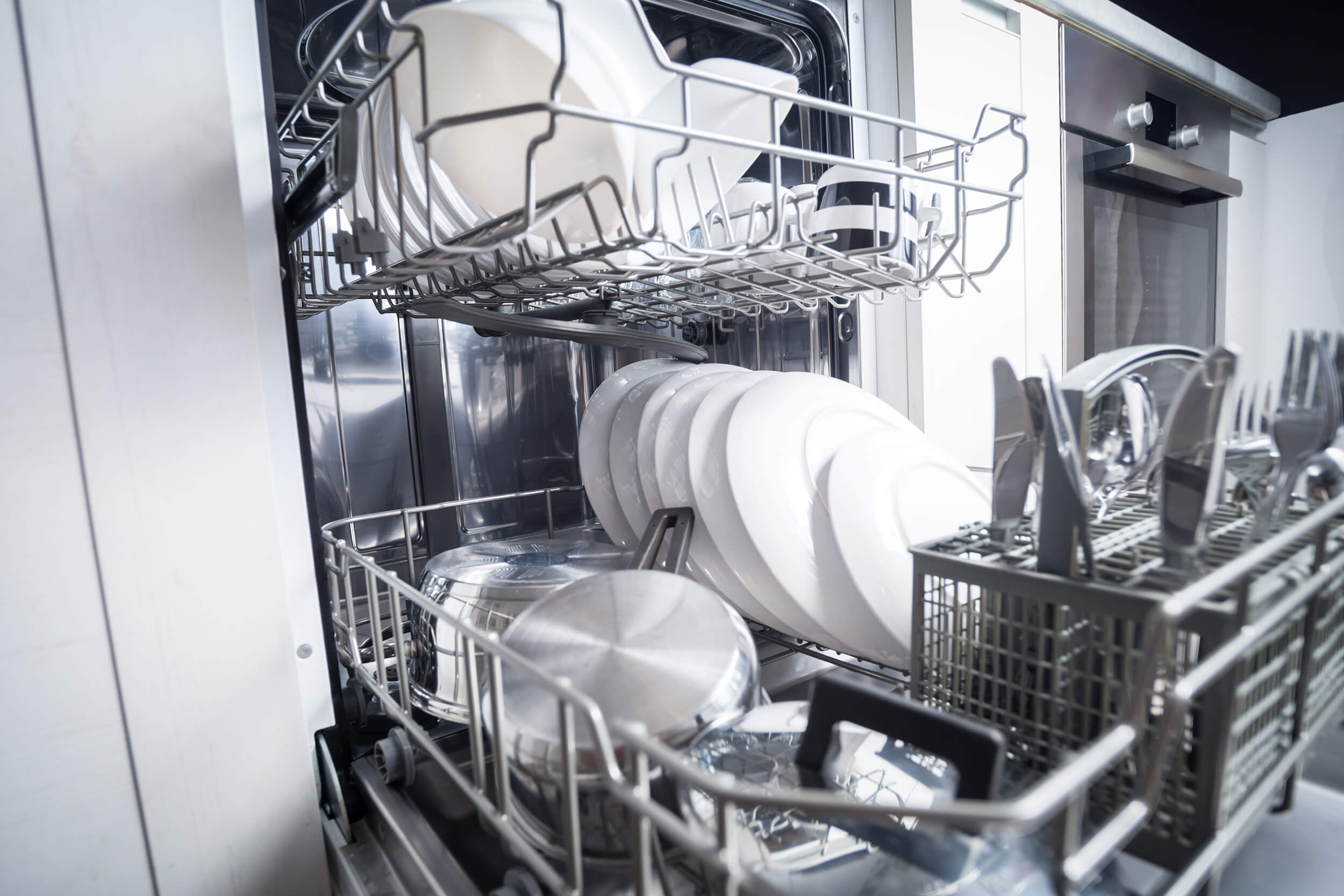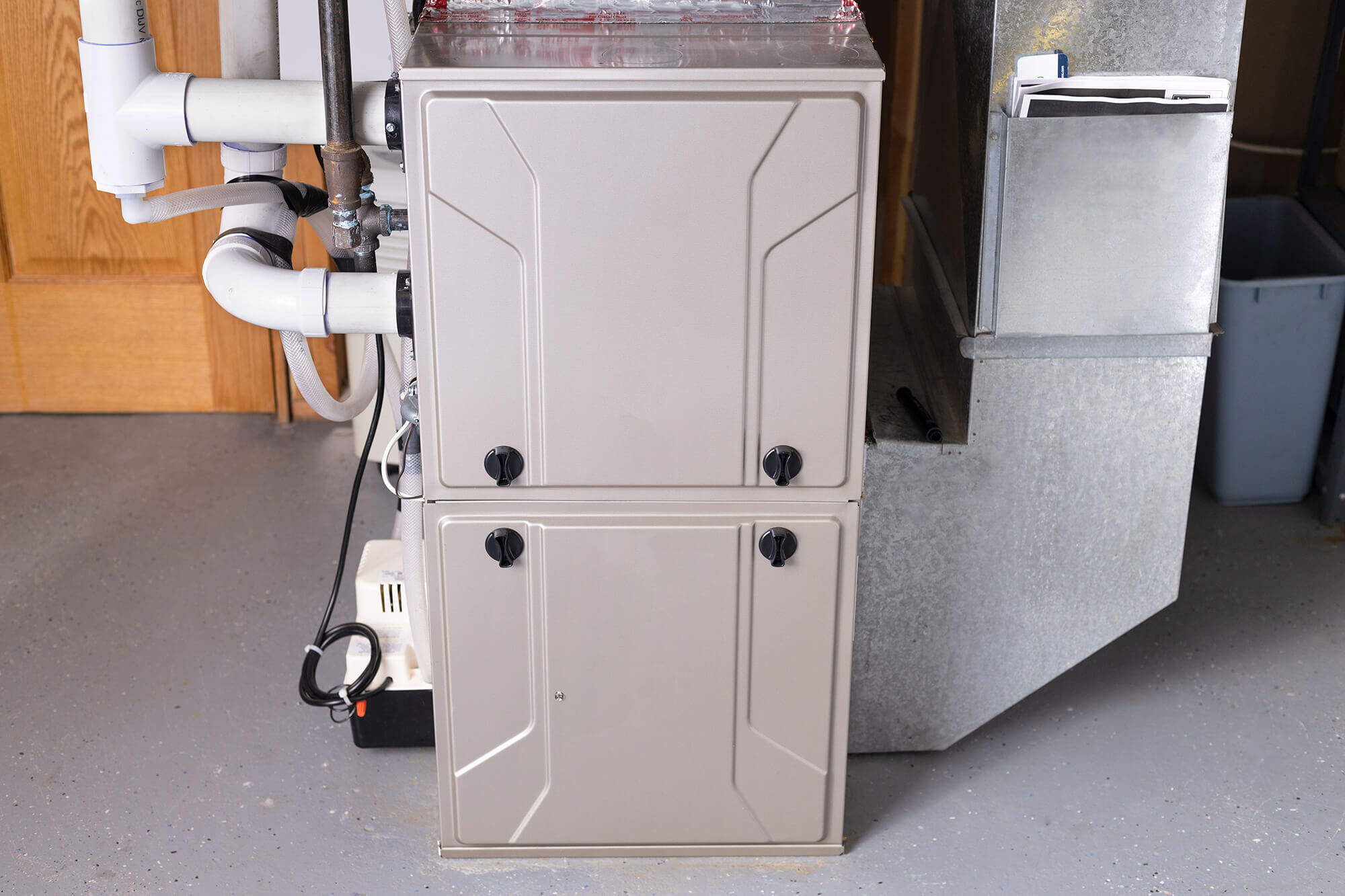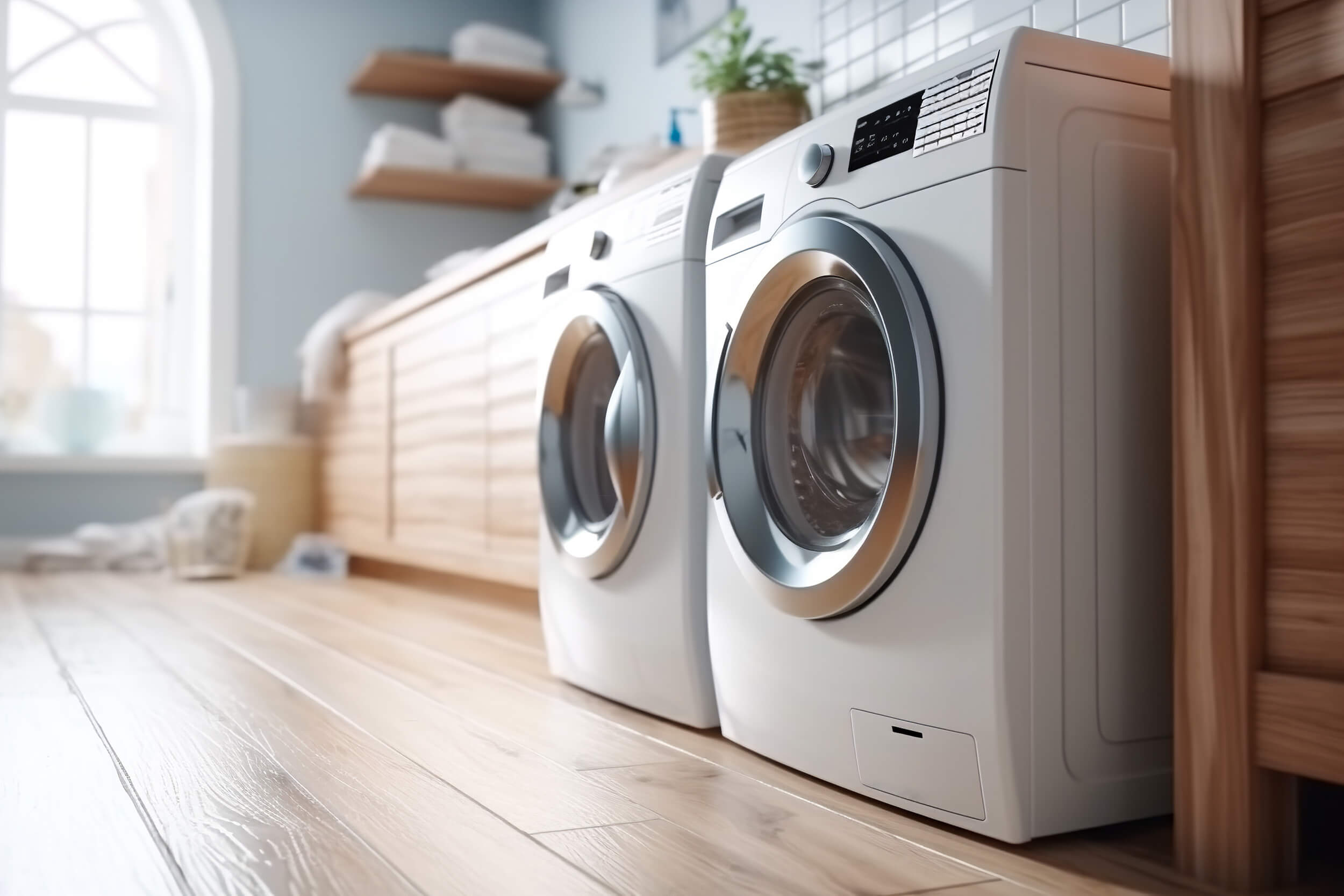Contacts: Serena Ingre, NRDC, 415-875-6155
Andrew deLaski, ASAP, 617-363-9470
Charlie Harak, National Consumer Law Center, 617-542-8010
Timothy Ballo, Earthjustice, 202-667-4500
Court Grants Obama Administration Request to Reconsider Weak Bush-Era Standard
Washington, D.C. (April 23, 2009): The U.S. Court of Appeals for the Second Circuit yesterday granted the Obama Administration’s request to reconsider weak efficiency standards of residential furnaces, one of the home’s biggest users of energy. The case was brought to the U.S. DOE by several states, and environmental and consumer groups.
A stronger standard for residential furnaces would save at least enough gas to heat four out of every five U.S. homes for one year, net about $11 billion in direct consumer savings and cut global warming pollution by the amount emitted by 25 million cars in a year.
During the Bush Administration, U.S. DOE set standards at 80 percent efficiency, a level already met by virtually all furnaces currently sold. Now, the Obama Administration is committing to consider new standards of at least 90 percent. A furnace with 90 percent efficiency would save consumers about 11 percent off of their home heating bills.
Following are the statements from some of the plaintiffs and energy efficiency advocacy organizations:
“The Bush Administration ignored the science and the law in establishing weak standards,” said Anjali Jaiswal, Senior Attorney at the Natural Resources Defense Council (NRDC), a lead plaintiff in the lawsuit. “Residential furnaces are the home’s biggest users of natural gas. We’re encouraged that Sec. Chu is taking quick action to establish stronger efficiency standards for furnaces that will lower heating bills, reduce global warming pollution, reduce natural gas prices for everyone, and increase America’s energy security.”
“Secretary Chu’s decision to voluntarily reconsider the 2007 furnace standards is a huge step in the right direction for the Department of Energy,” said Steven Nadel, Executive Director of the American Council for an Energy-Efficient Economy (ACEEE). “It helps show that the agency in charge of U.S. energy policy is serious about finding ways to use American energy resources as efficiently as possible.”
“During the campaign, President Obama committed to ‘make America the most energy-efficient country in the world,’” said Andrew deLaski, Executive Director of the Appliance Standards Awareness Project (ASAP). “Secretary Chu’s decision to re-do the weak Bush-era furnace standard is an excellent start. Since furnaces use more natural gas than any other appliance, stronger standards will deliver big benefits for consumers, the environment and the nation.”
"It's great news for low-income consumers that DOE will reconsider the very weak furnace efficiency standard,” said Charles Harak, attorney with the National Consumer Law Center, a participant in the lawsuit. “Poorer families often rent, rather than own, and depend on strong federal standards to make sure their landlords provide furnaces that don't waste energy, sending money up the chimney."
“We’re glad to see that the Obama Administration recognizes the multi-pronged benefits of strong efficiency standards,” said Tim Ballo, an Earthjustice attorney involved in the case. “A revised standard can save billions while preventing the emission of more than 100 million tons of carbon dioxide. This saves consumers money and curbs global warming pollution, a necessary and logical solution to the economic and environmental crisis.”
BACKGROUND
The states and nonprofit organizations sued DOE after the agency issued an extraordinarily weak standard in November 2007. The 2007 final rule hardly changed the standards for gas furnaces at all relative to the original standards set by Congress in 1987. According to DOE, 99 percent of natural gas furnaces currently sold already meet the efficiency level contained in the Bush-era standard of 80 percent efficiency. Natural gas furnaces are by far the most common type of furnace, with sales of about 3.2 million units per year.
In the court order issued today, the Obama Administration commits to issuing a revised rule by no later than May 1, 2011. Earlier action is possible since much of the work done for the 2007 rule can be quickly updated for the new standard. In addition, President Obama committed in a February address to move as quickly as possible on new appliance standards.
The order issued today enables the agency to reconsider all aspects of the earlier final rule, including the strength of the standards and the implementation date. The order specifically indicates the agency will consider regional standards. In new legislation enacted after the 2007 final rule was issued, Congress made clear that DOE can establish regional standards for furnaces.
According to DOE, very large energy, economic, and carbon dioxide emission savings could have been achieved by setting a 90 percent national standard for gas furnaces or by applying a 90 percent standard to just the northern region of the country. DOE found that a national 90 percent standard would save 3.21 quadrillion Btus (“quads”) of energy over 24 years, or enough to heat four out of every five U.S. homes for one year and would net about $11 billion in consumer savings. The higher standard would cut global warming pollution by 141 million metric tons over 24 years – roughly the amount emitted by 25 million cars driven 12,000 miles each – in contrast to just 8 million tons of reduction from the Bush-era standard.
The lawsuit was brought by the Attorneys General of the states of New York, New Jersey, Massachusetts, Connecticut, and California; the California Energy Commission; the City of New York; and the Natural Resources Defense Council, represented by their own attorneys and Earthjustice. National Consumer Law Center intervened in the case on behalf of its low-income clients, the Massachusetts Union of Public Housing Tenants (MUPHT) and Texas Ratepayers Organization to Save Energy (TexasROSE).
###
About ACEEE: The American Council for an Energy-Efficient Economy is an independent, nonprofit organization dedicated to advancing energy efficiency as a means of promoting economic prosperity, energy security, and environmental protection. For information about ACEEE and its programs, publications, and conferences, contact ACEEE, 529 14th Street N.W., Suite 600, Washington, D.C. 20045 or visit http://www.aceee.org.
The Appliance Standards Awareness Project is dedicated to increasing awareness of and support for cost-effective appliance and equipment efficiency standards. Founded in 1998, ASAP is led by a steering committee that includes representatives from the environmental community, consumer groups, utilities and state government. See www.standardsASAP.org.
Earthjustice is a non-profit public interest law firm dedicated to protecting the magnificent places, natural resources, and wildlife of this earth, and to defending the right of all people to a healthy environment. We bring about far-reaching change by enforcing and strengthening environmental laws on behalf of hundreds of organizations, coalitions and communities.
The National Consumer Law Center (NCLC) is the nation’s consumer law expert, helping consumers, their advocates, and public policy makers use powerful and complex consumer laws on behalf of low-income and vulnerable Americans seeking economic justice.
The Natural Resources Defense Council is a national, nonprofit organization of scientists, lawyers and environmental specialists dedicated to protecting public health and the environment. Founded in 1970, NRDC has 1.2 million members and online activists, served from offices in New York, Washington, Chicago, Los Angeles, San Francisco and Beijing.




